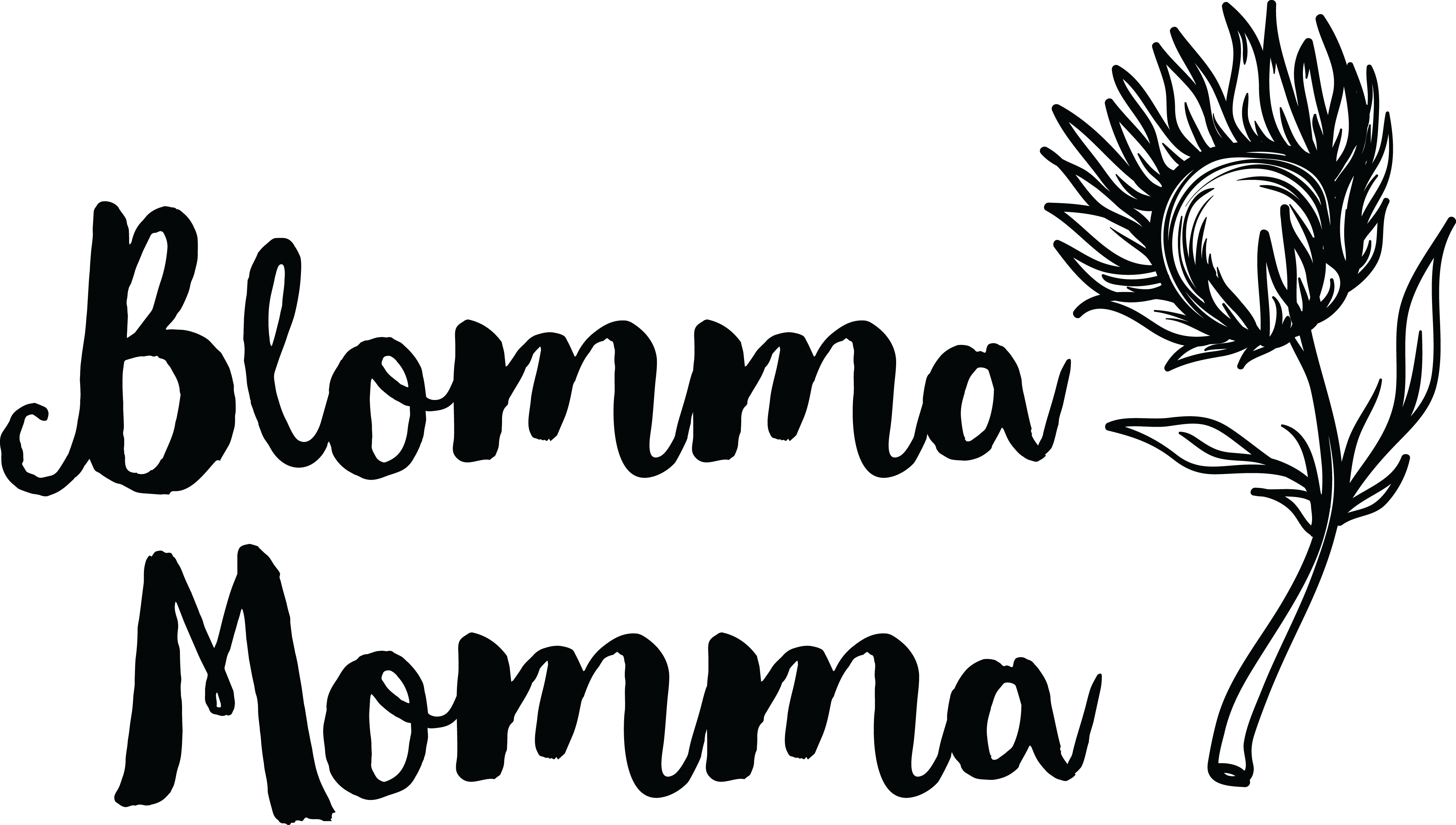
06 Oct Food Allergies and Intolerances in Breastfeeding
First off, I want to start out saying this topic can often be controversial, and I think the main reason for that is we hold deep traditions and feelings to our food. We don’t like it when those things (or food) we hold dear is being threatened or met with the idea that what we are eating may not be the best for us or our little one. There is a balance between creating more stress by changing our lifestyle than if we switched to a more healing way of living. Food is life and food is makes up our lifestyle. Lifestyle change is hard, especially when you’re postpartum and breastfeeding!
How do I know if my baby has a food allergy?
First of all, your baby is not allergic to your breastmilk ( there are a few very select metabolic disorders where breastmilk may not be able to digested, again very very rare and you would know something was terribly wrong with your infant)! What your baby is having trouble digesting is something you consumed and is leaking through your gut, your gap junctions. Your baby can actually be the best indicator of what you are not digesting because it leaks through to baby’s gut. Moms microbiome, the gut becomes the baby’s microbiome until that bridge is done somewhere around 6-12 years possibly beyond when the child forms their own unique microbiome. Please contact a Lactation Consultant for a full evaluation as some signs of allergy or food intolerance can be results of something else.
Some signs:
- Colic, or fussy
- Gassy, cramping, pain, or bloated often
- Mucous or stringy stool
- Skin rashes such as eczema
- Spitting up (this isn’t a normal baby activity)
- Vomiting
- Runny, nose stuffiness and constant cold-type symptoms
- Ear infections
- Poor weight gain due to food malabsorption
- Red, itchy eyes swollen eyelids, dark circles under eyes, constant tearing
So what do we do about it?
There are some options I work through 1-1 with my clients in forming their plan. We have to first look at eliminating the main offenders corn, soy, dairy, and wheat. Most people wonder, well what will I eat? Aren’t illumination diets bad while breastfeeding? The answer is, it doesn’t have to be complicated. Some people choose to eliminate one at a time for two-three weeks at a time starting with most common offender; dairy. Others choose to go all in and eliminate all of the top offenders. Dairy seems like the hardest to let go of. Let me tell you most my clients can still have dairy and even wheat with my adjustments! I also want to tell you I have been there. We have a deep connection to food, however when we were faced with a health issue my family it was sink or swim! Sometimes this is the wake up call it takes to change. This isn’t for everyone so please understand that. When faced with a food allergy or intolerance in our breastfed infant, it can seem daunting! I want to help make it easier for you. I work 1-1 with my clients to work through this challenge and would love you to hold your hand through this with the best recourses.
Why is there such an Allergy and Intolerance craze?
We live in a society today that has industrialized food from what it used to be. Some would argue for good reason. The nutrient value of our modern food, yes even organic, could arguably be less than that of 100 years ago. This is due to soil health, ie. the nutrients in the soil and microbiome of the soil to produce a nutritious animal and plant (On our farm we seek to get back to this more here: blackridgefarms.com). The broad usage of Glyphosate can harm the soils microbiome thus creating a sterile soil environment where nutrition lacks. We see wheat being chemically modified to accommodate glyphosate spraying and we see wheat products on shelves being fortified with nutrients (particularly folic acid creating and damaging to MTHFR mutations) that are unrecognizable to the body or toxic. We also see soy and corn being genetically modified that have been shown to potentially create gut damage further leading to intolerance or reactions. We are in a food epidemic where shelves and shelves are full of packaged food with no real nutrients, put quite honestly “fake food,” nothing that will actually heal us postpartum and let alone set us up for success breastfeeding AND beyond.
If you’re interesting in diving deeper and getting personal, contact me today for a Lactation consult here!


Sorry, the comment form is closed at this time.